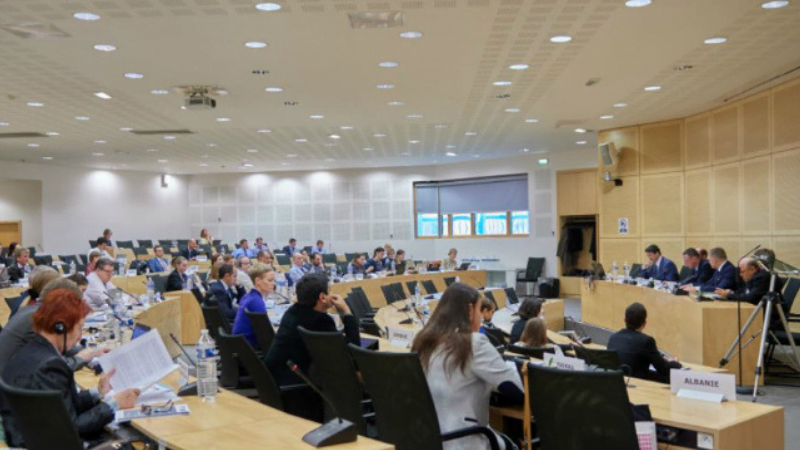The Council of Europe (CoE) has formally requested Malta to publish the findings by its anti-corruption monitoring body, GRECO, in its report on corruption in government “as soon as possible,” after its recommendations were adopted by Member States.
The findings can only be published with the government’s consent, urging the CoE to push the government to publish the report on GRECO’s fifth round compliance review. Sweden and North Macedonia have also as yet not published the findings of their assessment.
The second compliance report on Malta was researched soon after Daphne Caruana Galizia’s assassination and focused on anti-corruption, access to information, transparency in the legal process, abuse of judicial positions, the effectiveness of criminal proceedings, and the prevention of corruption on the police force and other law enforcement agencies.
The journalist’s son, Andrew Caruana Galizia, noted that the only two countries that have ever refused the publication of findings were Belarus, described as “non-compliant” and “globally unsatisfactory”, and Hungary, which faced criticism in the past for failing to adequately combat corruption.
GRECO’s corruption report on #Malta was researched in the immediate aftermath of my mother’s assassination and it has now been adopted by member states. It can only be published with @MaltaGov’s consent. Only two countries have ever refused publication: Hungary and Belarus. https://t.co/rLinrIurQ1
— Andrew Caruana Galizia (@acaruanagalizia) March 26, 2019
In the most recent Transparency International report, Hungary was ranked as the third most corrupt country in the EU. It has been widely criticised for a “descent towards authoritarianism” and an assault on the rule of law.
Last week, the ruling party Fidesz, headed by Prime Minister Viktor Orban, was suspended from the European People’s Party after a landslide vote of 190-3. The reasons given for the suspension included infringement on the rule of law, creating a “fake news” campaign against the EU and an increasingly anti-immigrant sentiment.
Belarus, a “consolidated authoritarian regime”, is described as having problems with corruption and impunity at every level of government. Anti-corruption laws are described as being “poorly enforced” and it is ranked by Transparency International as one of the world’s most corrupt countries, scoring only 44 points out of a possible 100.
Over 100 journalists were arrested in 2017 and reports of violence and harassment against them are widespread. It is considered by Reporters Without Borders to have one of the least free media in the world.
Malta’s last compliance report was conducted in March 2017. It took an in-depth look at measures taken towards corruption prevention in terms of members of parliament, judges and prosecutors.
Recommendations included a thorough review of the code of ethics for MPs with regards to integrity, financial declarations, and conflicts of interest. It also specified that more measures should be taken to supervise financial interests outside of political duties and that there should be suitable penalties for those that fall foul.
In terms of the judiciary, it was recommended that formalised evaluation procedures should be introduced for judicial appointments and that due diligence, impartiality and transparency should be guaranteed.












